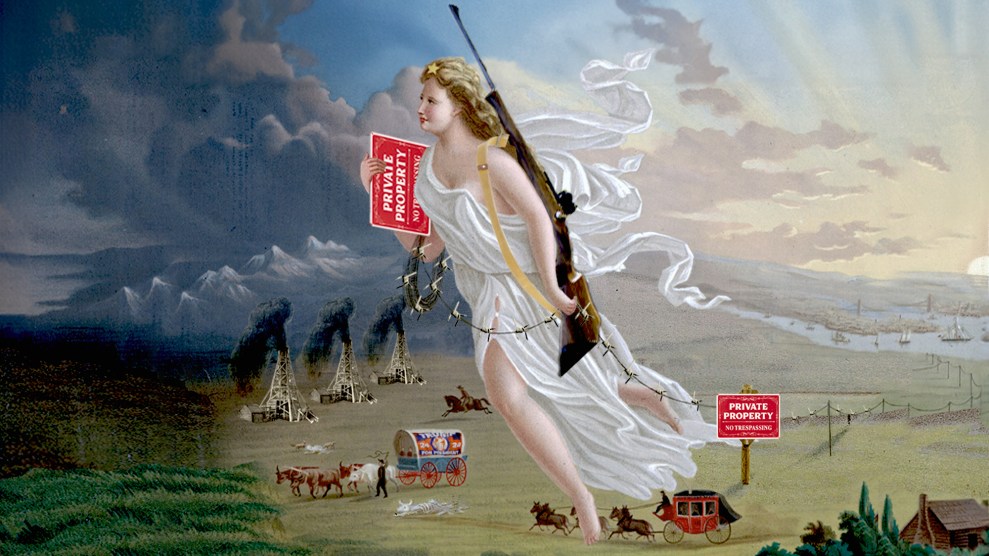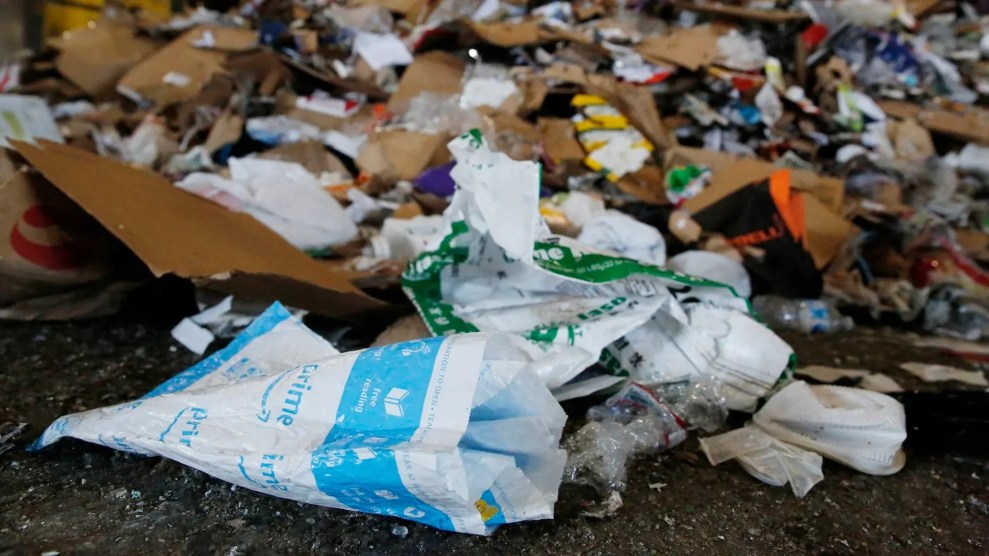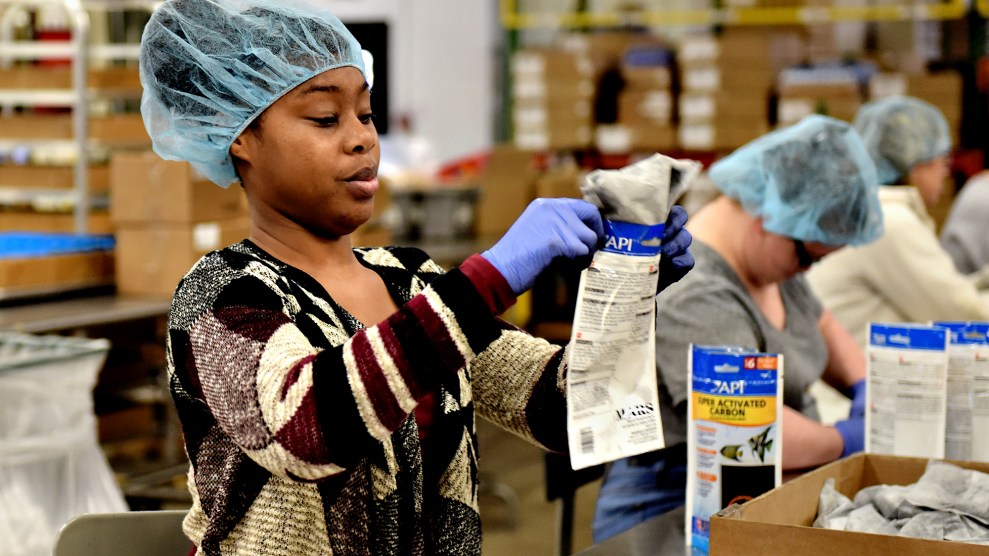1902
After succeeding McKinley as president, Theodore Roosevelt initiates more than 40 anti-trust actions directed at, among others, Standard Oil, DuPont, Union Pacific–and the American Tobacco Co.
Buck Duke, testifying in federal court, says every deal he ever made was intended not to destroy competition but only to “round out” his own company and to “get our fair share of the trade.” Nonetheless, in 1911, the Supreme Court rules against American Tobacco, noting, “[We] think the conclusion of wrongful purpose and illegal combination is overwhelmingly established.” American Tobacco is broken up and the constituent parts reassembled in smaller units. R.J. Reynolds emerges as the strongest competitor of the resulting companies. Duke, morose and drinking heavily now, earns the high regard of posterity by turning to philanthropy. Most notably, he endows little Trinity College (not far from his Durham, North Carolina, birthplace) with the money to become a university of national rank when the school agrees to exchange its name for his.
1913
New Camel introduces the first blended cigarette in the U.S. Highly flavorful, the cigarette is an instant success. American Tobacco follows in 1916 with Lucky Strike, and the advertising battle begins. For the next 30 years, tobacco companies lure customers with wildly false claims of health as well as social benefits from smoking.












